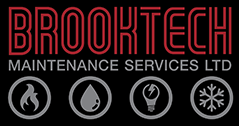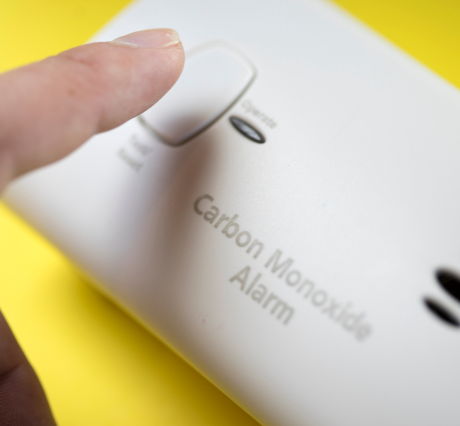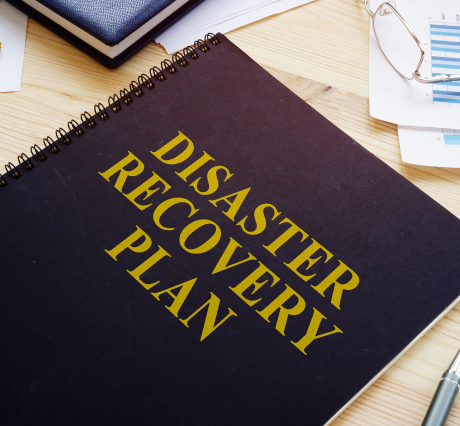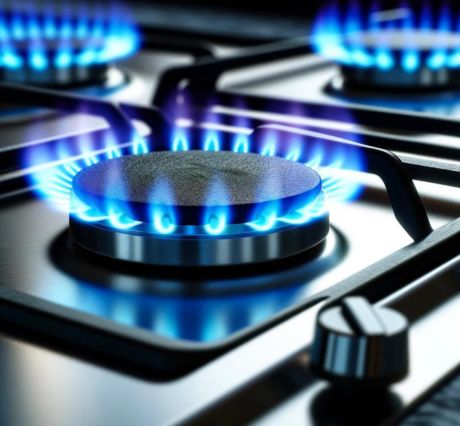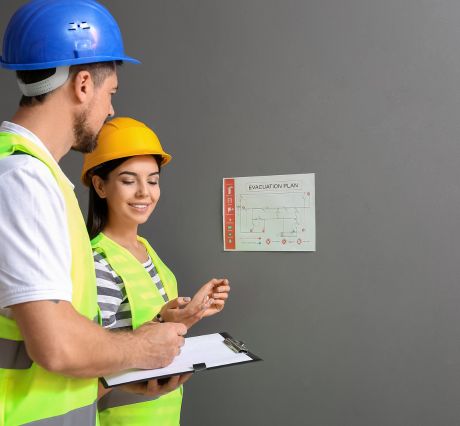Gas Safety: Protecting Your Business and Employees
When it comes to commercial buildings, gas safety should never be taken lightly. Natural gas is a vital energy source used in various commercial applications, from heating and cooking to powering machinery. However, it’s essential to understand the potential risks involved and take necessary precautions to ensure the safety of your business, your employees, and your customers.
The Alarming Statistics
Let’s start by looking at some eye-opening statistics from the UK’s Health and Safety Executive (HSE):
- In the UK, there are approximately 30 fatalities and over 1,100 gas-related injuries reported each year.
- Around 60% of accidental carbon monoxide (CO) poisonings are related to gas appliances.
These numbers highlight the critical importance of maintaining standards in commercial buildings. Neglecting this aspect can lead to disastrous consequences.
Legal Requirements
The UK has stringent regulations in place to ensure gas safety in commercial settings. As a responsible business owner, you must comply with these laws. The primary legal requirements you should be aware of include:
Gas Safety (Installation and Use) Regulations 1998
Under this regulation, it is a legal requirement for all businesses to:
- Ensure that gas installations and appliances are properly maintained.
- Carry out annual safety checks by a Gas Safe registered engineer.
- Maintain records of safety checks and keep them for at least two years.
- Display a copy of the Gas Safety Certificate in a prominent location.
Non-compliance with these regulations can result in hefty fines and, more importantly, endanger the lives of your employees and customers.
The Role of Gas Safe Register
To ensure gas safety, only employ Gas Safe registered engineers for installation, maintenance, and repair work. Gas Safe Register is the official list of engineers qualified to work safely on gas appliances. Verify an engineer’s credentials by checking the Gas Safe Register website.
The Importance of Regular Gas Safety Inspections
Annual Gas Safety Checks
An annual safety check is a legal requirement, and it is your responsibility as a business owner to arrange for this inspection. During this check, a Gas Safe registered engineer will:
- Inspect and test all gas appliances and systems.
- Identify any potential gas leaks, CO leaks, or faulty equipment.
- Provide you with a Gas Safety Certificate once the inspection is successful.
This certificate should be prominently displayed to show your commitment to gas safety.
Carbon Monoxide (CO) Alarms
CO is a deadly, odorless gas that can seep into your building due to faulty gas appliances. Installing CO alarms in your premises can be a lifesaving measure. These alarms are designed to detect the presence of carbon monoxide and alert you to potential dangers.
Employee Training in Gas Safety
Educating your staff about gas safety is essential. Ensure they know how to:
- Recognize the signs of a gas leak, such as the smell of gas or unusual sounds.
- Turn off the gas supply in case of an emergency.
- Evacuate the building safely.
By empowering your employees with this knowledge, you’re creating a safer workplace for everyone.
Preventive Maintenance
Preventive maintenance is key to avoiding potential gas safety hazards. Here are some practical steps to consider:
Regular Servicing
Scheduled servicing of your gas appliances and systems can help identify and fix problems before they escalate. A Gas Safe registered engineer can perform these services, keeping your equipment in top shape and reducing the risk of gas leaks.
Emergency Procedures
Developing and communicating clear emergency procedures for gas-related incidents is vital. Make sure all employees know what to do in case of a gas leak or suspected CO poisoning. These procedures can include evacuation plans and contacting emergency services.
Gas Safety = Keeping safe
Gas safety in commercial buildings is not just a legal requirement; it’s a moral obligation to protect the lives of your employees and customers. Taking a proactive approach to gas safety can save lives and prevent costly accidents and legal consequences.
Remember, always hire Gas Safe registered engineers, conduct annual safety checks, and invest in preventive maintenance. By doing so, you’re not only safeguarding your business but also contributing to a safer environment for all.
If you have any questions or need assistance with your commercial heating and plumbing needs, don’t hesitate to contact us. Your safety is our top priority.

